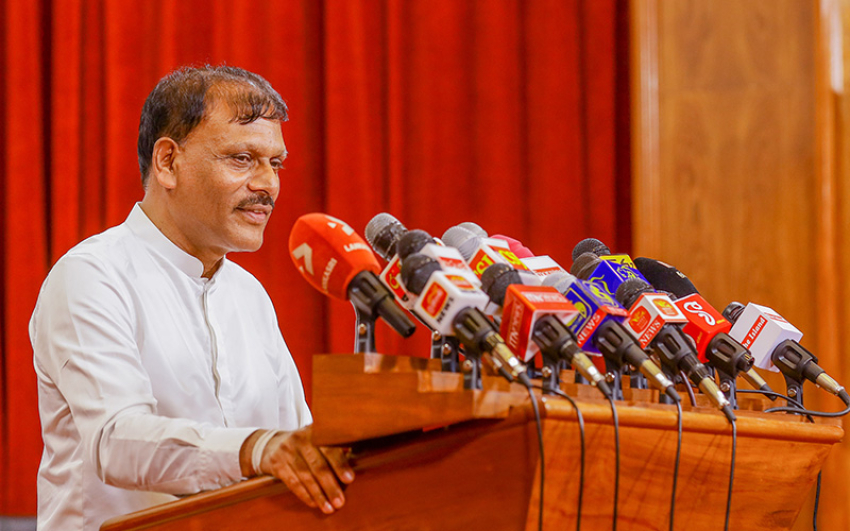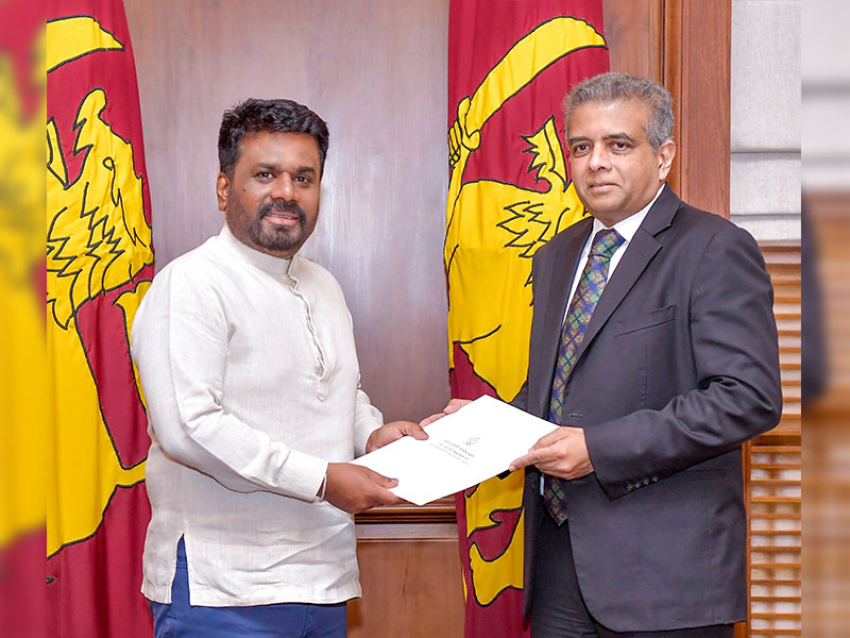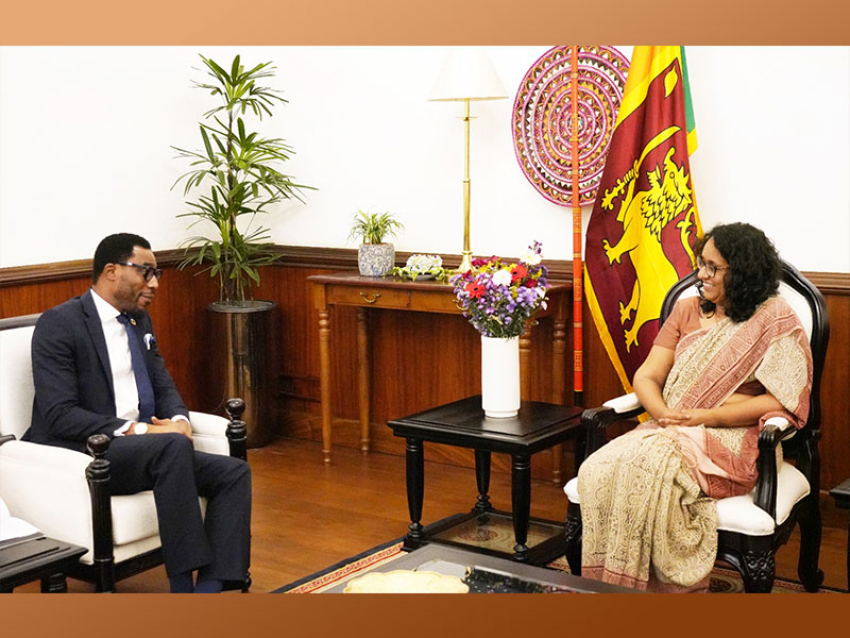Also, the State Minister noted that the last auspicious ritual of the Sinhala and Hindu New Year festivities, tree planting, is set for April 18 and it has been designated as ‘Moringa (Murunga) Day’ by the Indigenous Medicine Ministry.
Speaking at a press briefing yesterday (04) titled ‘Collective Path to a Stable Country,’ held at the President Media Centre (PMC), State Minister of Indigenous Medicine Sisira Jayakody stated,
The Ministry of Indigenous Medicine, in collaboration with the Department of Ayurveda, has organized the national oil anointing ceremony (Hisa Thel Gama), a distinctive auspicious ceremony of the Sinhala and Hindu New Year festivities. This event is scheduled to take place on April 15, 2024 at 10.17 a.m. at the Hendala Purana Raja Maha Viharaya, Wattala. Furthermore, the last auspicious ritual of the Sinhala and Hindu New Year festivities, tree planting, is scheduled for April 18. This day has been designated as ‘Moringa Day’ by the Ministry of Indigenous Medicine. On this occasion, we extend an invitation to everyone to plant Moringa trees in their gardens. The Moringa plant is exceptionally nutritious and possesses significant medicinal value.
Our ministry is actively involved in supplying oil and nanu for the oil anointing (Hisa Thel Gama) ritual, along with Moringa plants for the tree planting ceremony.
Additionally, the AyurEx 2024 exhibition is scheduled to take place on May 03, 04 and 05 at the Bandaranaike Memorial International Conference Hall (BMICH). During this event, there will also be the Sambhasha program dedicated to the launch of research papers.
The Parliament approved the Ayurvedic Code recently, comprising regulations to oversee Ayurvedic products and centres. This legislation grants legal authority to regulate beauty salons, indigenous medicine transportation, and similar areas. With the current market for plant extract production surpassing USD 26 billion, we expect to earn around USD 03 billion through Ayurvedic product exports in the coming period.
Furthermore, Ayurvedic medicine represents a distinctive field that can be effectively integrated into the tourism industry of the country. Tourists show a particular fascination and enthusiasm for the massage techniques offered by the traditional medical system. In collaboration with the Department of Ayurveda, we are actively engaged in establishing ‘Body Mantra’ massage centres across the country. These centres are strategically planned for hotels and resorts within the tourism sector of Sri Lanka, as well as abroad, aiming to deliver expert hospitality services with certified professionalism. Our efforts are focused on recruiting NVQ 4 qualified therapists through formal education programs.
The spas set up throughout the country are not affiliated with the Ministry of Indigenous Medicine or the Department of Ayurveda. It is important to clarify that the Department of Ayurveda does not grant licenses for ‘Spas’. Our formal regulatory oversight is focused on registered massage parlours under the purview of the Department of Ayurveda.
In addition, a written notification has been sent to Public Security Minister Tiran Alles and the Inspector General of Police regarding the challenges faced by the indigenous medical sector due to operations “Yukthiya”. The shortage of pharmaceuticals has led some individuals addicted to drugs to turn to certain alternative medicines within the indigenous medical system. Nevertheless, we have urged them to allocate space for uninterrupted production of indigenous medicines.
A special unit has been set up to address the issues impacting traditional medical practitioners and to safeguard the indigenous medicine system. It is important to highlight that concerns raised by traditional medical practitioners can be brought to the attention of this specialized unit for resolution.



















